Instructional Design for Forensic Genealogy

Forensic Genealogy Training for Law Enforcement (FG4LE) is an online educational program developed by Anthony Redgrave, lead forensic genealogist of Redgrave Research Forensic Services LLC. Anthony has a M.S. in Instructional Design and Technology, and is currently enrolled at the University of New England working towards an Ed.D. in Transformative Leadership with a focus on […]
Forensic Genealogy and Missing Persons Cases
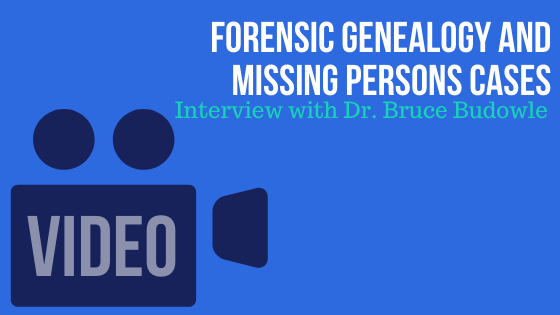
In this interview, we talk with Dr. Bruce Budowle, Director for the Center for Human Identification at the University of North Texas Health Science Center to learn more about the challenges that come with identifying missing persons cases and how forensic genetic genealogy is becoming a powerful tool to provide identities. Dr. Budowle began his […]
Identifying the Oldest Doe Using Forensic Genetic Genealogy: Henry Joseph Loveless
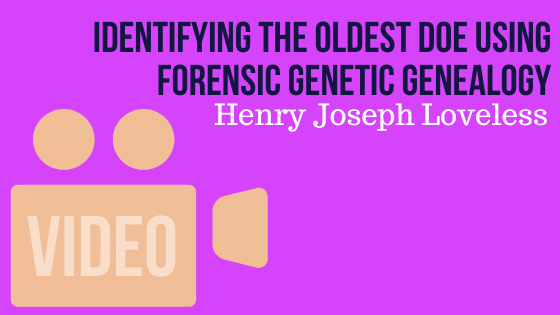
In the summer of 1979, a family was searching for artifacts in Buffalo Cave, a dark lava tube outside of the small and remote town of Dubois, Idaho. Approximately 200 feet from the opening of the cave, the family discovered a burlap sack containing a mummified, clothed, and dismembered headless torso. In early spring of […]
A DNA Testing Framework for Addressing the “Silent” Mass Disaster of Unidentified Remains and Unsolved Crimes
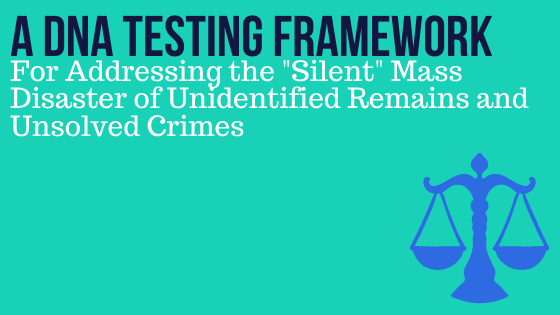
Today’s blog is written by David Mittelman, PhD and Michael Vogen (Othram, Inc.) Reposted from The ISHI Report with permission. The search for answers began in 1994 when a fisherman discovered a body in the lake. The Snohomish County Medical Examiner’s office determined the deceased to be between 25 and 35 years old and the […]
The Missing Piece: A New Video Series Focusing on the People Behind Forensic Genetic Genealogy Successes

Carla Walker. Christine Jessop. Siobhan McGuinness. For years, these victims were listed on cold case files in law enforcement evidence boxes. While never forgotten, limitations in forensic science prevented their cases from being closed. Families waited decades for answers and justice while their killers remained unidentified. To generate leads in criminal cases investigators […]
Investigative Genetic Genealogy and Criminalistics – What is the Future?
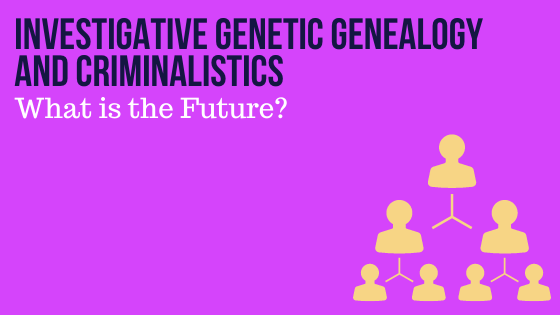
Investigative Genetic Genealogy (IGG) has been amazing in solving both cold and recent cases and for exonerating the innocent. Each day, another once-thought-to-be-intractable case is solved using this new-to-forensics means of human identification. We live in exciting times for forensic identification! Despite, or because of, this success, the use of genetic genealogical data for forensic […]
Loveless Lost: The Case of the Oldest Doe Identified Using Forensic Genetic Genealogy
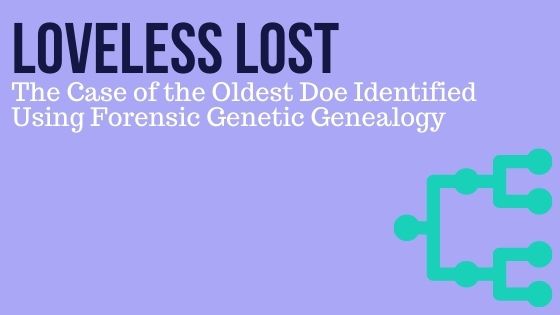
In the summer of 1979, a family was searching for artifacts in Buffalo Cave, a dark lava tube outside of the small and remote town of Dubois, Idaho. Approximately 200 feet from the opening of the cave, the family discovered a burlap sack containing a mummified, clothed, and dismembered headless torso. The Clark County Sheriff’s […]
Investigative Genetic Genealogy: How Does it Work?
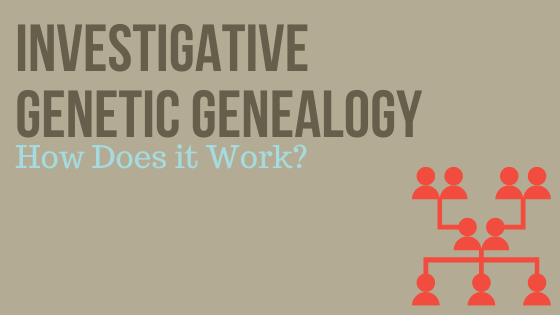
Today’s blog is written by Marc McDermott, a member of the National Genealogical Society with a deep passion for all things genealogy. Reposted from the Genealogy Explained blog with permission. There’s been a lot of media coverage lately around cold cases being cracked open using DNA testing and investigative genetic genealogy (IGG). Cases like the […]
The Foundling: Resolving a Case of Unknown Parentage Through the Use of Genetic Genealogy
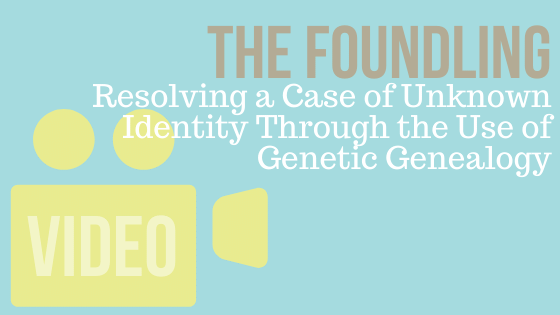
On April 27, 1964, a nurse came into the hospital room of Dora Fronczak, who had just given birth to her young son, Paul. She took the baby and left, saying it was time to take the baby to the nursery. In reality, the nurse had stolen the baby. Authorities were never able to find […]

